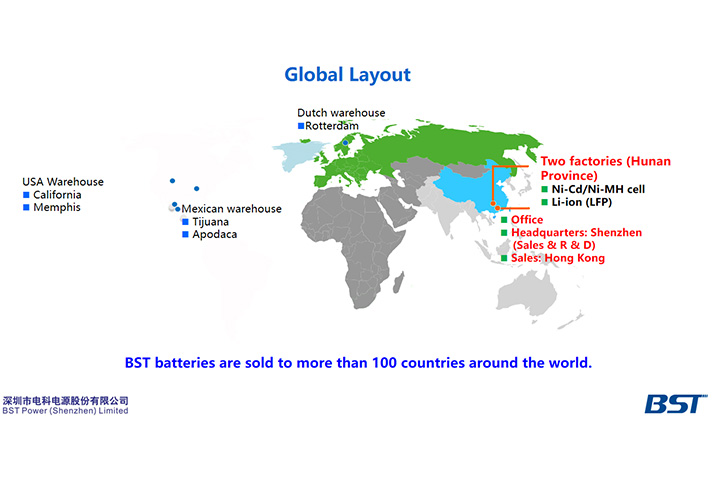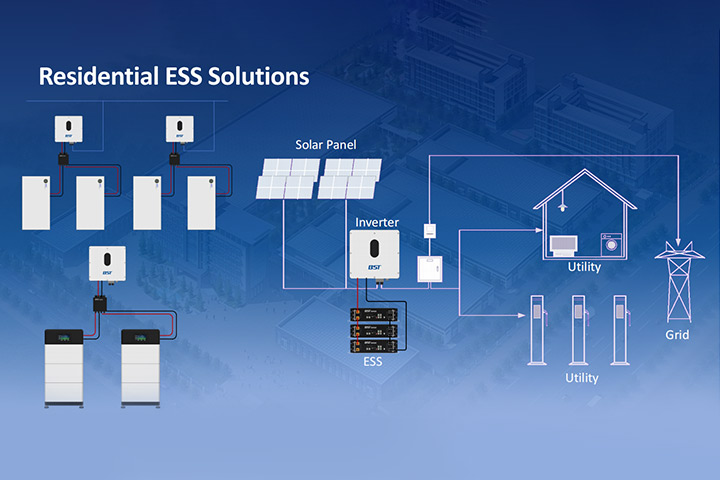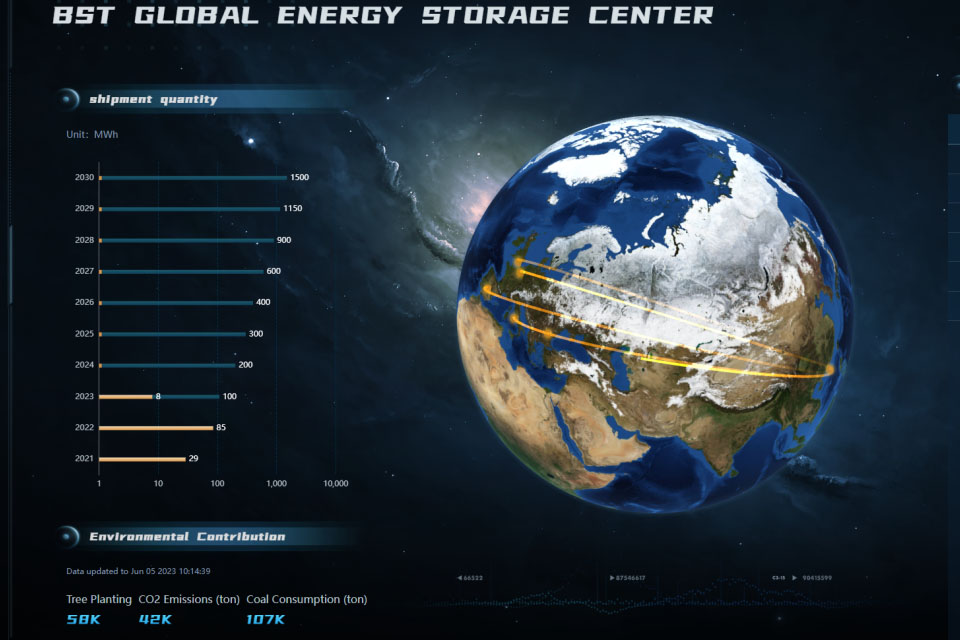Introduction
Home energy storage systems (HESS) are rapidly becoming a mainstay in residential energy solutions, reshaping the way people access and use power. Driven by the rise of renewable energy, fluctuating energy prices, and a global push toward environmental sustainability, the demand for home energy storage has surged over recent years. Data reveals that the market for these systems has grown consistently, especially in Europe, the United States, and Asia, where government incentives and technological advancements have made energy independence a viable option for more households.
In 2023, the global market for home energy storage systems was valued at over USD 6 billion and is projected to reach nearly USD 20 billion by 2030. The annual growth rate of approximately 20% underscores the increasing consumer demand for sustainable, cost-effective energy solutions. This growth trajectory reflects both a rise in consumer awareness of the benefits of home energy storage and a response to the urgent need for decentralized, resilient energy systems in times of environmental and economic uncertainty.
BST, a veteran energy storage provider with 22 years in the industry, has been at the forefront of this transformation. Offering innovative solutions like module batteries, wall-mounted batteries, and balcony photovoltaic products, BST aims to empower users by meeting diverse energy needs and adapting to the evolving landscape. This analysis delves into the key reasons for the growing popularity of home energy storage, from market trends and electricity cost benefits to environmental impact, installation flexibility, and BST’s tailored offerings.
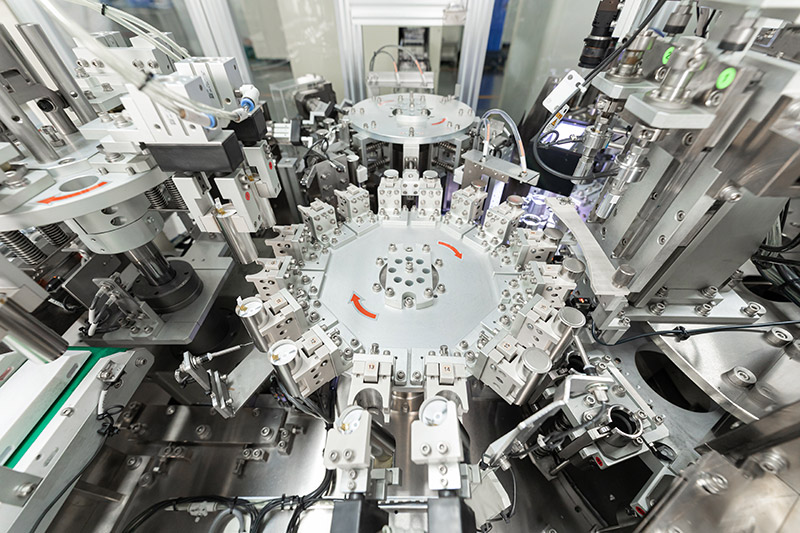
1. Current Status of the Home Energy Storage Market and Its Development Direction in 2025
1. Market Expansion and Government Support
The home energy storage market has experienced tremendous growth due to increased awareness of sustainable energy solutions and the widespread adoption of renewable power sources. Government incentives play a major role, particularly in Europe, the U.S., and parts of Asia, where subsidies and rebates encourage homeowners to invest in energy storage. As adoption rates continue to rise, experts predict that by 2025, a significant percentage of households in developed countries will have invested in home energy storage.
2. Breakthroughs in Battery Technology
Advances in energy storage technology, especially in lithium-ion and emerging solid-state batteries, have made energy storage systems more efficient and cost-effective. Homeowners today can choose compact, high-capacity systems that were previously only available for industrial-scale use. These advancements make it easier for individuals to incorporate energy storage into their homes, facilitating energy independence and enabling them to take advantage of renewable energy.
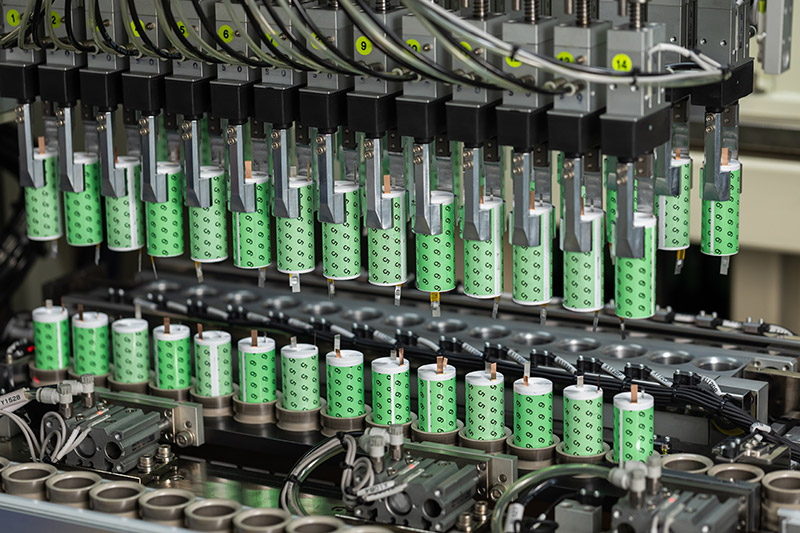
3. Shift in Consumer Preferences Toward Green Solutions
Today’s consumers are increasingly prioritizing sustainable and eco-friendly solutions, with surveys indicating a notable shift toward products that minimize environmental impact. The ability to generate, store, and use one’s own electricity not only aligns with these values but also gives users greater control over their energy usage. As a result, consumer demand is shaping the industry, driving manufacturers to innovate and offer solutions that meet these evolving expectations.
4. Growing Interest in Emerging Markets
While adoption has primarily occurred in developed countries, emerging markets are beginning to adopt home energy storage at a rapid pace. In regions with unreliable power grids, such as parts of Africa and South Asia, these systems provide crucial backup power and contribute to energy stability. Analysts anticipate substantial growth in these regions as technological advancements make home energy storage more affordable and accessible.
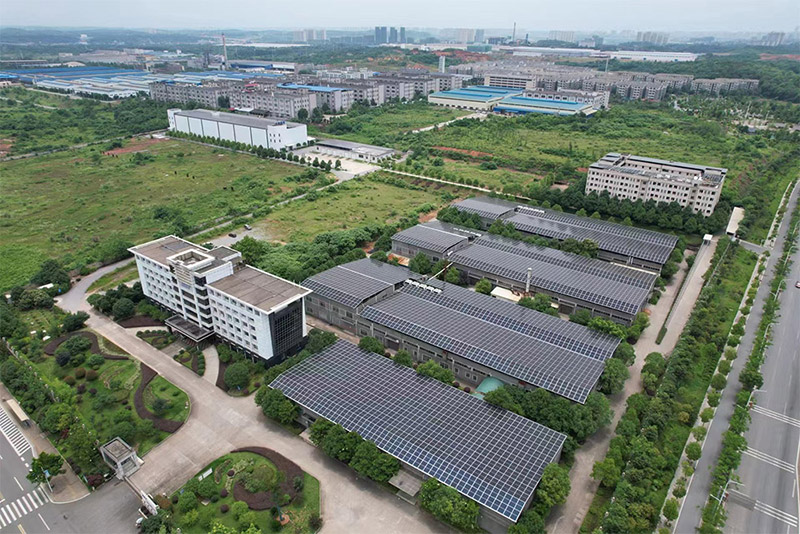
5. Projected Development Trends by 2025
By 2025, the market is expected to offer even more customizable options for home energy storage, designed to suit specific needs such as urban apartments, small homes, and rural properties. As manufacturers create tailored solutions for different household types, the accessibility and relevance of home energy storage will continue to broaden, driving further market expansion.
2. Analyzing Energy Prices and Profitability Through Self-Use and Grid Transmission
1. The Impact of Rising Electricity Prices
In recent years, electricity costs in Europe and the U.S. have seen significant increases due to various economic and environmental factors. Homeowners are increasingly concerned about these rising costs, which motivates them to look for alternatives that provide stable, long-term savings. Home energy storage systems enable users to save money by storing electricity generated during off-peak hours, making energy bills more manageable and predictable. The high electricity prices thus create a strong incentive for consumers to adopt self-storage solutions.
2. Self-Generated Energy and Reverse Transmission Benefits
One of the main advantages of home energy storage is the option to sell excess power back to the grid, creating an opportunity for profitability. Through reverse transmission, users can generate additional income by selling surplus energy generated from renewable sources like solar. This self-sufficiency model not only minimizes grid dependency but also offers a new revenue stream for users, making home energy storage an appealing financial investment.
3. Environmental and Economic Benefits of Home Energy Storage Systems
1. Reducing Carbon Footprint
Home energy storage systems contribute to environmental sustainability by promoting energy independence. Users who store their own energy, especially from renewable sources, reduce their reliance on fossil-fuel-based electricity, significantly lowering their carbon footprint. With more households adopting this approach, communities benefit from a cumulative reduction in greenhouse gas emissions.
2. Encouraging Sustainable Living
By allowing users to store and use renewable energy, home energy storage systems align with sustainable living practices. These systems encourage behaviors like using stored solar energy at night, reducing the need to rely on the grid. In turn, they contribute to a cleaner and greener lifestyle, which appeals to consumers who prioritize sustainability.
3. Supporting Global Green Initiatives
Across the globe, countries are setting ambitious targets for reducing carbon emissions, and home energy storage systems support these initiatives. As more households embrace these systems, they collectively contribute to reducing fossil fuel use, and fostering a cleaner, more sustainable environment.
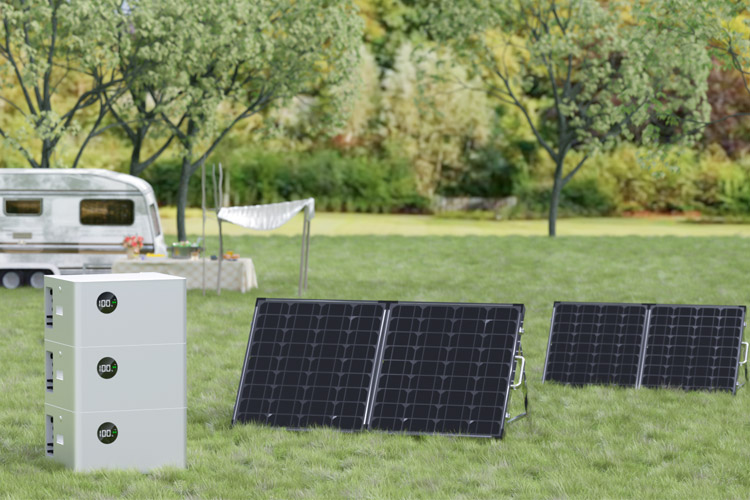
4. Flexibility and Simplicity in Installation
Modern home energy storage systems offer incredible flexibility and ease of installation. Systems like BST’s wall-mounted and modular batteries require minimal setup and can be installed in almost any home environment, regardless of space limitations. The adaptability of these systems makes it easy for homeowners to integrate energy storage into their current energy infrastructure, without the need for extensive structural modifications.
5. Comprehensive Solutions Offered by BST
1. Modular Battery Systems
BST’s modular batteries are ideal for households with evolving energy needs. These modules are designed to expand as energy demands increase, making them a practical choice for users who plan to scale their systems over time. With high energy density and compact design, these batteries provide reliable, long-lasting power.
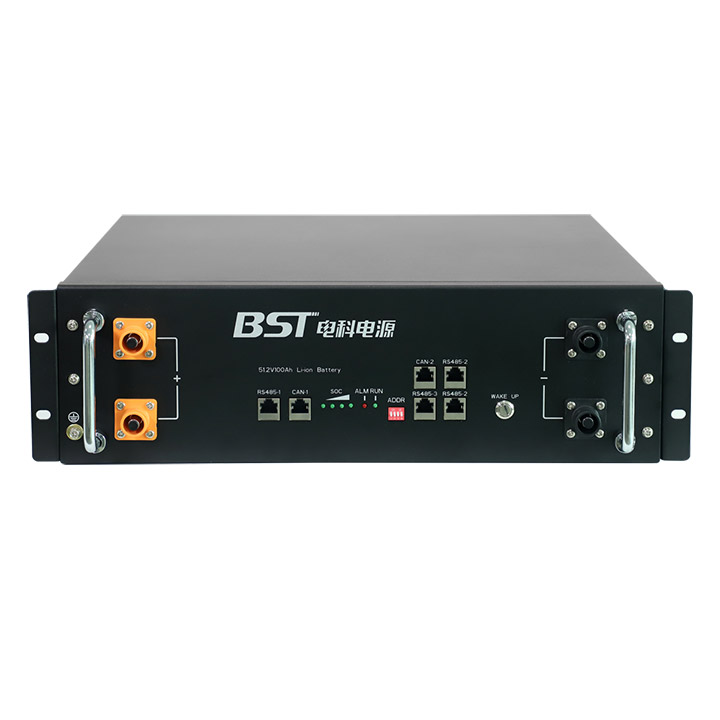
2. Wall-Mounted Batteries
BST’s wall-mounted batteries cater to users seeking efficient, space-saving solutions. These units are designed to be easily installed on walls, maximizing space while providing dependable energy storage. Wall-mounted systems offer an efficient and practical storage solution for urban residents with limited space.
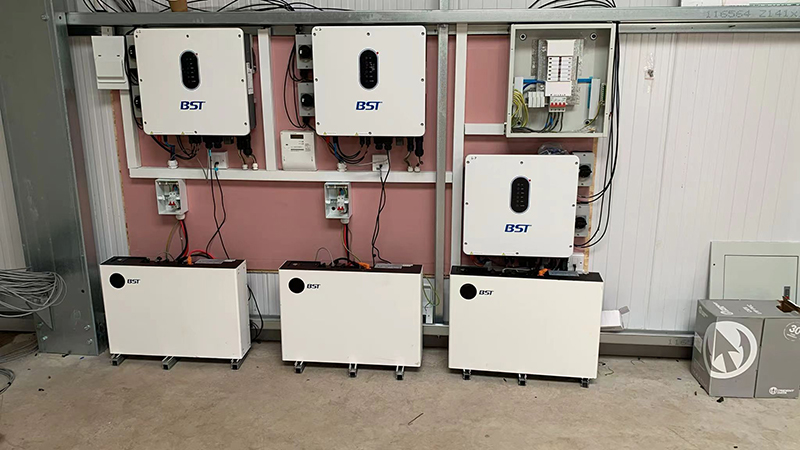
3. Balcony Photovoltaic Products
For apartment dwellers, BST’s balcony photovoltaic products offer a unique solution for small-scale renewable energy generation and storage. These systems capture solar energy from balcony spaces, providing accessible renewable options for individuals in urban areas. They enable renters and city residents to participate in renewable energy initiatives without requiring extensive rooftop installations.
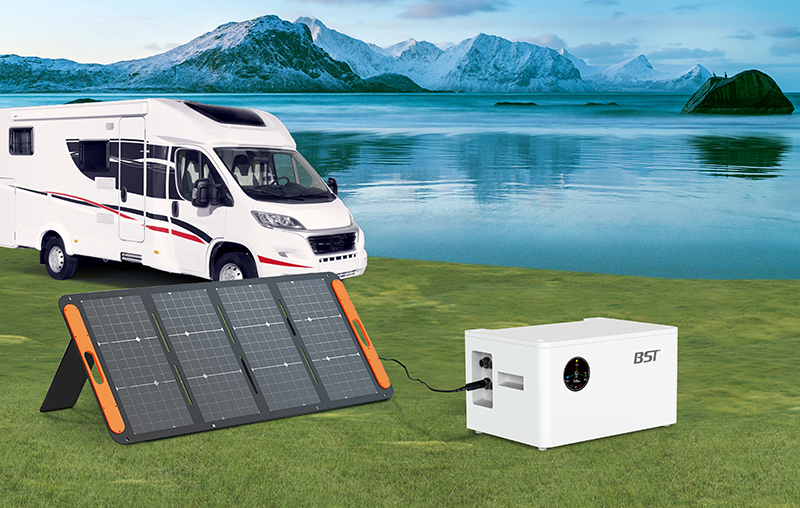
Conclusion
The adoption of home energy storage systems is reshaping energy usage worldwide. With rapid market growth, increased affordability, and advancements in battery technology, these systems are more accessible and practical than ever. Rising electricity prices, environmental concerns, and government incentives make home energy storage systems a logical investment for many consumers.
BST’s offerings of modular, wall-mounted, and balcony photovoltaic solutions meet these needs, making energy independence achievable for a wide range of households. Each product in BST’s lineup is designed with the user in mind, catering to unique home setups and allowing customers to take control of their energy usage. As the demand for home energy storage continues to grow, we can expect even greater advancements and wider adoption, ultimately leading to a more sustainable, resilient, and eco-friendly energy landscape.
In conclusion, home energy storage is more than a trend; it’s a transformation in how we think about and consume energy. The environmental and financial benefits, combined with ease of use and flexibility, ensure that this shift is here to stay. As more consumers embrace home energy storage, the impact on global sustainability goals will be substantial, paving the way for a cleaner, more independent energy future.

